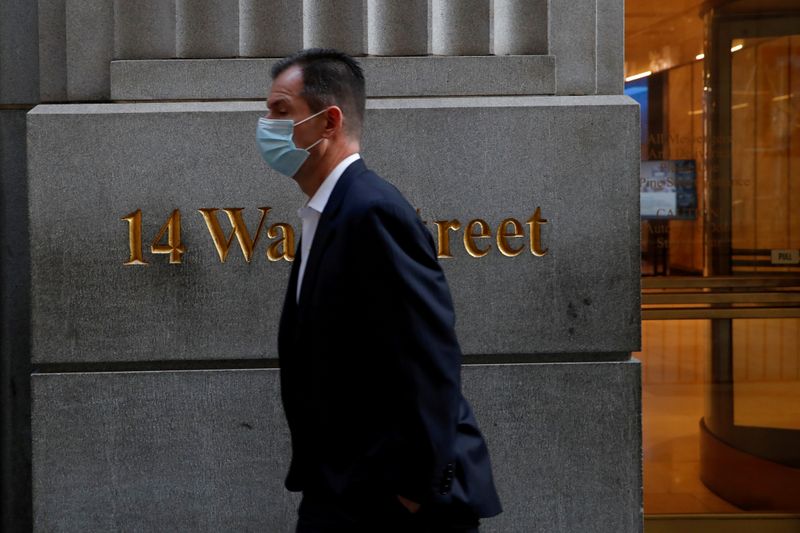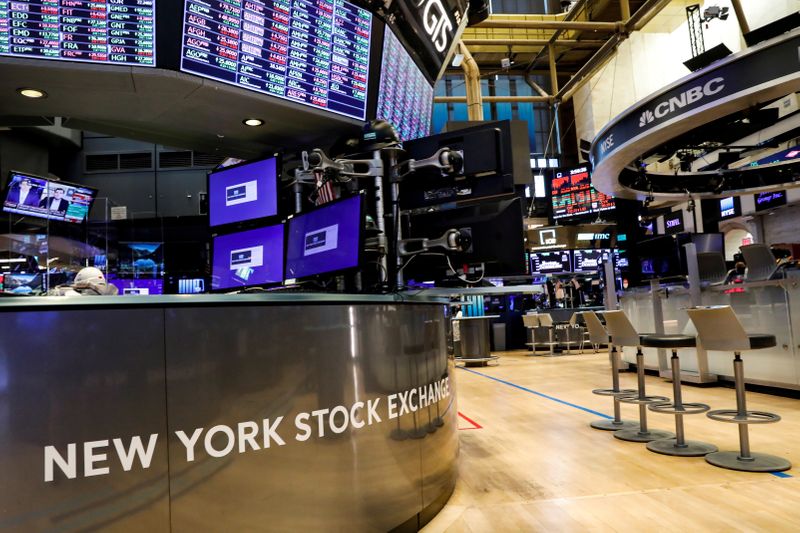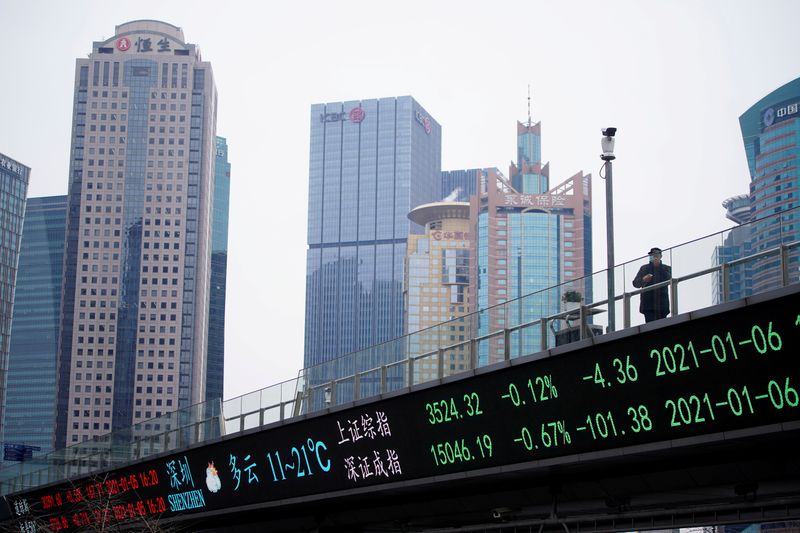NEW YORK (Reuters) – A gauge of global stock markets climbed for a second day on Wednesday to its highest level in a week and the Dow Jones Industrial Average hit a record high after a report on U.S. consumer prices calmed concerns about inflation.
The U.S. Labor Department said its consumer price index rose 0.4% in February, in line with expectations, after a 0.3% increase in January. Core CPI, which excludes the volatile food and energy components, edged up 0.1%, just shy of the 0.2% estimate, after being unchanged the prior two months.
While analysts largely expect a hike in inflation as vaccine rollouts lead to a reopening of the economy, worries persist that additional stimulus in the form of a $1.9 trillion coronavirus relief package set to be signed by U.S. President Joe Biden could lead to an overheating of the economy.
The House of Representatives gave final approval on Wednesday to the bill, one of the largest economic stimulus measures in U.S. history.
“It (inflation) is not the biggest deal as long as it is kept in check,” said Ross Mayfield, investment strategist at Baird in Louisville, Kentucky. “Higher rates are not really the boogeyman, more the speed of it over the last month or two.”
U.S. Treasury yields slid after an auction of benchmark 10-year notes that showed tepid demand with lower-than-average bid-to-cover ratio.
The high yield was 1.523%, a little higher compared with the “when-issued” or expected level at the bid deadline of 1.520%. The bid-to-cover ratio was 2.38, compared with the reopening average of 2.41, according to BMO Capital.
Benchmark 10-year notes last yielded 1.5212%, down from 1.544% late on Tuesday.
Investors will now eye an auction of 30-year debt on Thursday, seeking to cover massive shorts. A weak 7-year auction in late February helped fuel inflation concerns and sent yields higher.
The fall in the 10-year yield after the auction wasn’t enough to help the tech-heavy Nasdaq, which lagged both the Dow and the S&P 500 after its strong move on Tuesday, as investors stayed with names expected to benefit from the economic reopening like financials.
“Treasuries rallied but that didn’t seem to give a boost to tech,” said Mark Luschini, chief investment strategist at Janney Montgomery Scott.
The Dow Jones Industrial Average closed up 462.97 points, or 1.45%, at 32,297.02, the S&P 500 gained 23.37 points, or 0.60%, to 3,898.81 and the Nasdaq Composite dropped 4.99 points, or 0.04%, to 13,068.83.
Europe’s main index hovered near pre-pandemic highs.
The pan-European STOXX 600 index closed up 0.4% after a rally in technology stocks on Tuesday pushed the benchmark to its highest level since February 2020.
The MSCI world equity index rose 3.92 points or 0.59 percent, to 666.91.
Gold erased earlier losses to hit a one-week high on Wednesday, as U.S. Treasury yields eased.
Spot gold prices rose $8.85 or 0.52 percent, to $1,724.21 an ounce.
U.S. gold futures settled 0.3% up at $1,721.80.
The dollar moved lower for a second day following the economic data.
The dollar index fell 0.22%, with the euro up 0.21% to $1.1923.
Oil prices resumed their climb after two days of declines, extending gains after the Energy Information Administration reported a bigger-than-expected storage build.
U.S. crude futures settled at $64.44 per barrel, up 43 cents or 0.67%. Brent crude futures settled at $67.90 per barrel, up 38 cents or 0.56%.
(Reporting by Chuck Mikolajczak; Editing by Nick Zieminski and Sonya Hepinstall)
























